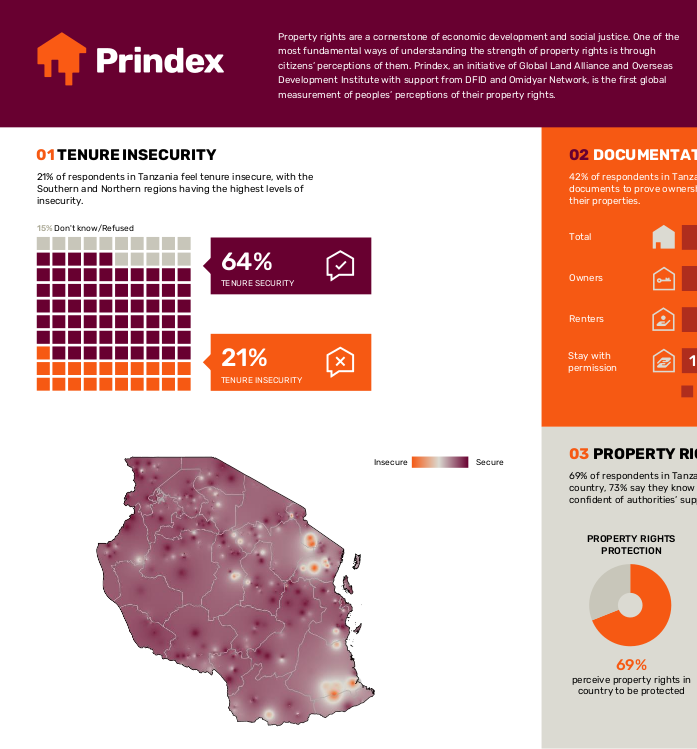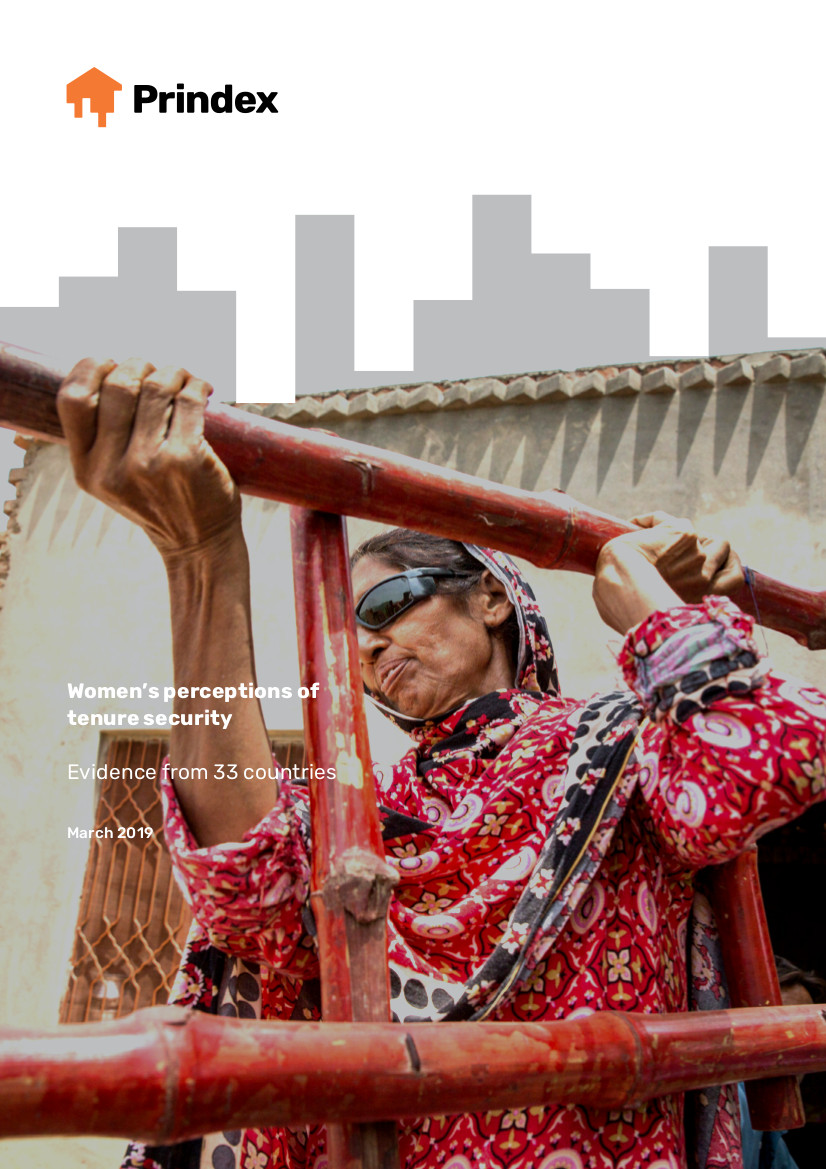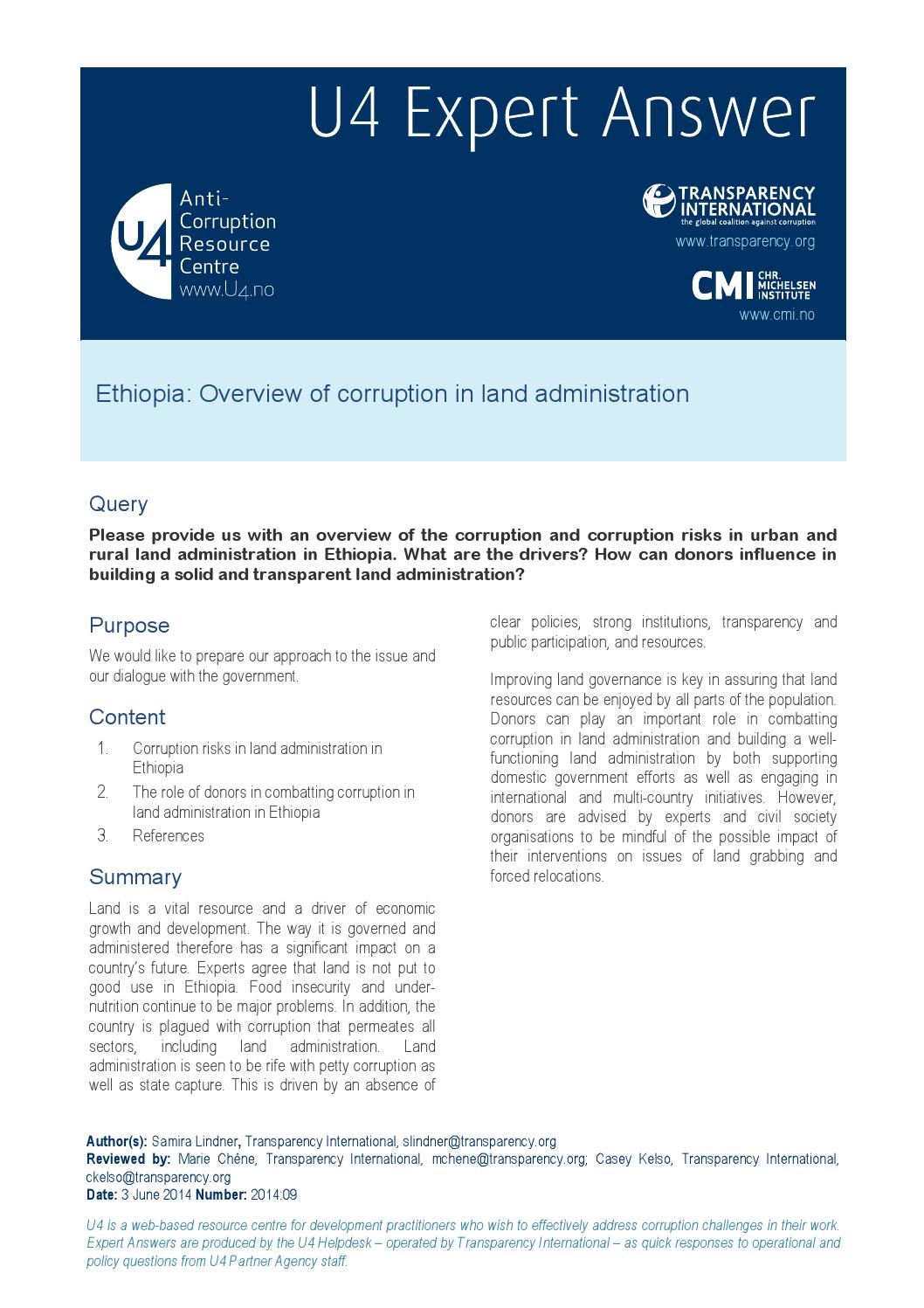18 Country Infographics (Prindex)
Wave 2 country infographics in one document. Countries include: Benin, Bolivia, Cambodia, Colombia, Ghana, Indonesia, Jordan, Kenya, Malawi, Mexico, Morocco, Niger, Nigeria, Tanzania, Tunisia, Uganda, United Kingdom and Vietnam











